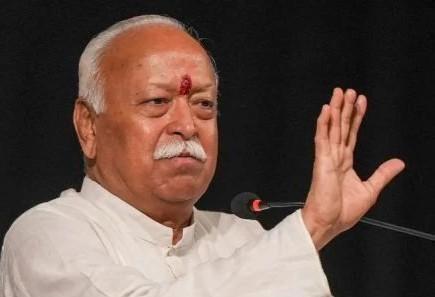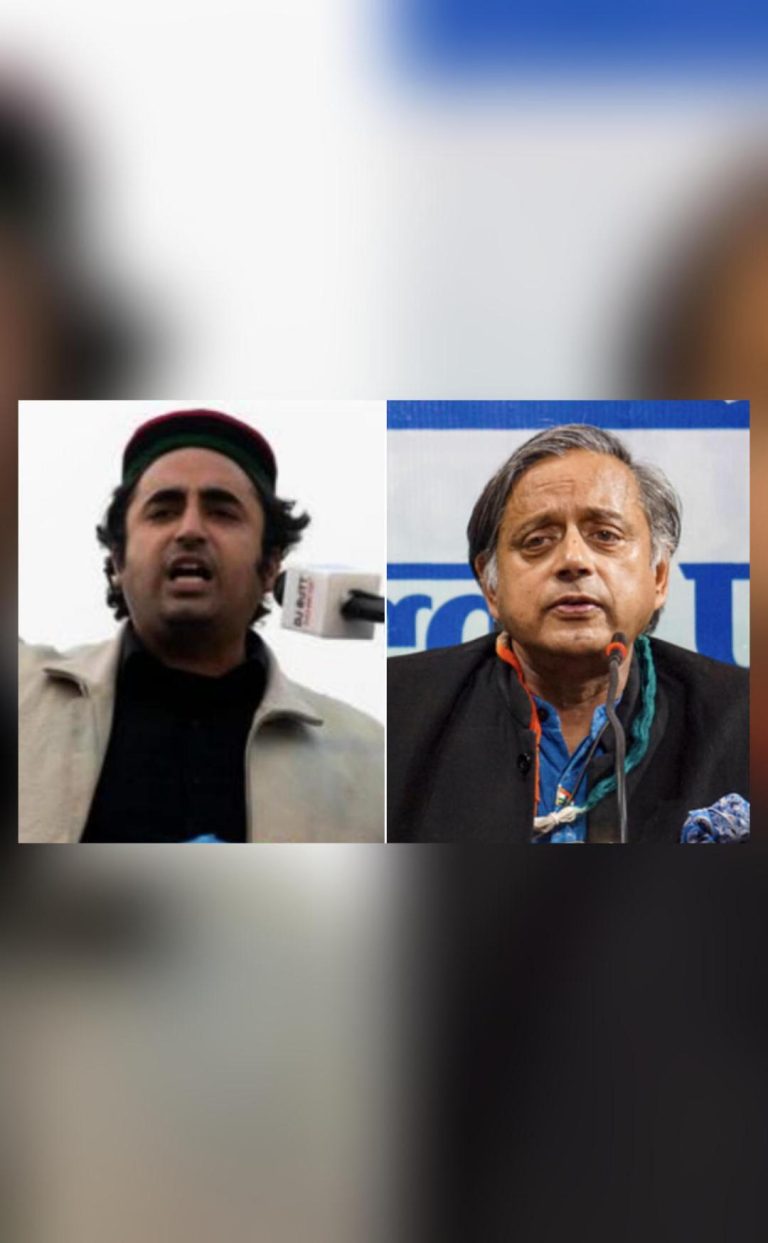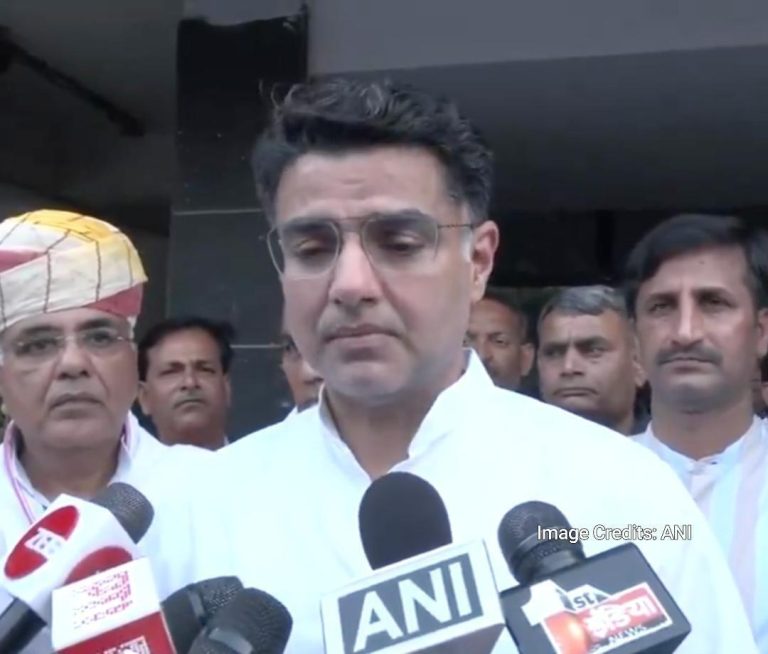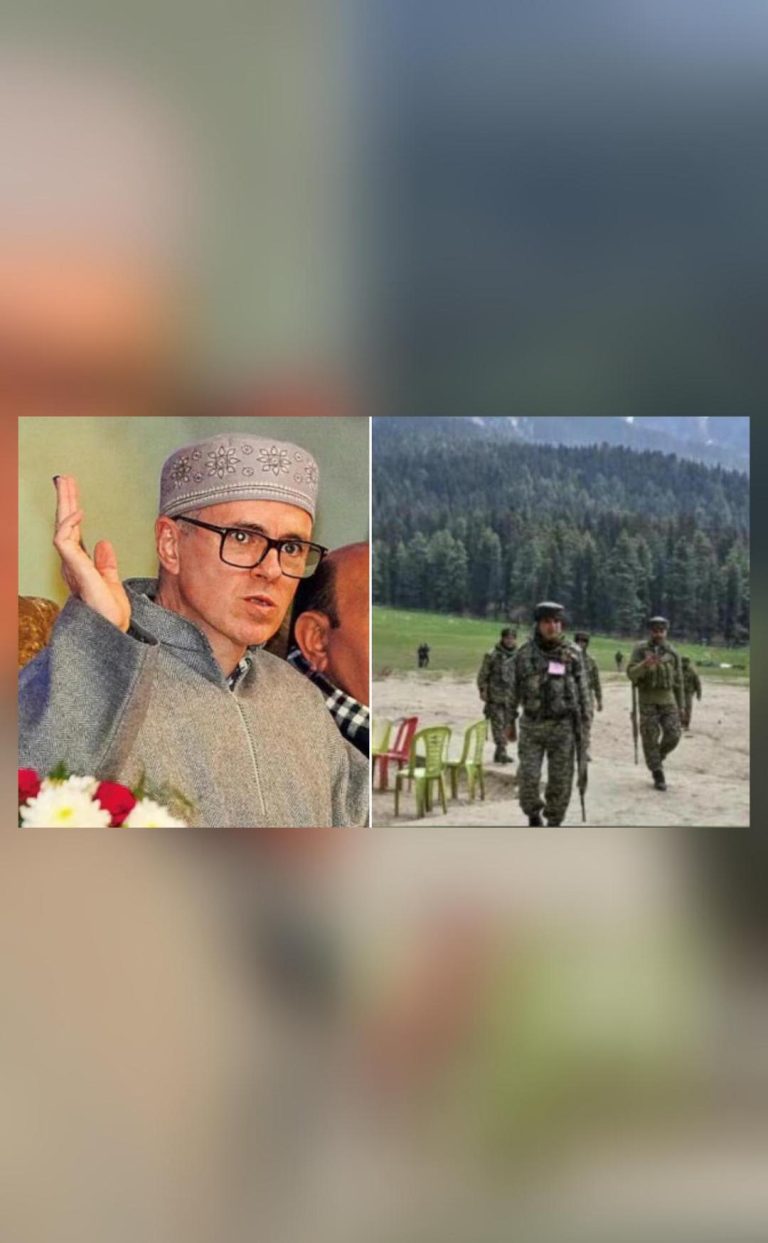
If Someone Turns to Evil, Then We’ll Teach a Lesson: Bhagwat on J&K Attack
In the wake of the recent terror attack in Pahalgam, Jammu and Kashmir, which left several people injured, RSS chief Mohan Bhagwat has made a statement that has sent shockwaves across the nation. In an interview, Bhagwat said that while non-violence is India’s religion, it is also essential to teach a lesson to “oppressors and hooligans” who indulge in such heinous acts.
The statement has raised several questions and concerns about the role of violence in combating terrorism and the moral implications of such a stance. In this blog post, we will attempt to analyze the statement made by Bhagwat and its implications on the ongoing situation in Jammu and Kashmir.
Non-Violence as India’s Religion
Bhagwat’s statement begins by emphasizing the importance of non-violence as India’s religion. This is a reference to the core principle of Mahatma Gandhi’s philosophy, which has been a guiding force for the country’s struggle for independence. Non-violence, or ahimsa, is a fundamental aspect of Indian philosophy and has been a cornerstone of the country’s moral and ethical fabric.
However, Bhagwat’s statement also acknowledges that there are exceptions to this rule. He believes that when someone turns to evil, it is necessary to teach them a lesson. This raises questions about the limits of non-violence and the circumstances under which it is justified to use violence.
Teaching a Lesson
Bhagwat’s emphasis on teaching a lesson to oppressors and hooligans is a complex issue. On one hand, it can be argued that such individuals need to be held accountable for their actions and that violence can be a deterrent against further attacks. On the other hand, using violence as a means to teach a lesson can perpetuate a cycle of violence and create more harm than good.
Moreover, the statement raises concerns about the definition of “oppressors and hooligans”. Who are these individuals, and what constitutes their actions as oppressive or hooliganistic? Is it limited to terrorist groups like Lashkar-e-Taiba and Jaish-e-Mohammed, or does it extend to other groups or individuals who may be perceived as threats to national security?
The King’s Duty
Bhagwat’s statement also references the king’s duty to protect his people. This is a reference to the ancient Indian concept of the king’s role as the protector of his subjects. According to this philosophy, the king has a sacred duty to ensure the safety and security of his people, and he must take all necessary measures to fulfill this duty.
In the context of the current situation in Jammu and Kashmir, Bhagwat’s statement can be seen as a call to action for the government to take a firm stance against terrorism and to protect the people of the state. However, it also raises questions about the role of the government in balancing the need to protect its citizens with the need to maintain human rights and dignity.
Conclusion
Mohan Bhagwat’s statement on teaching a lesson to oppressors and hooligans has sparked a heated debate about the role of violence in combating terrorism and the moral implications of such a stance. While non-violence is an essential aspect of Indian philosophy, Bhagwat’s statement also acknowledges that there are exceptions to this rule. The statement raises important questions about the limits of non-violence, the definition of oppressors and hooligans, and the role of the government in protecting its citizens.
Ultimately, the key to addressing the situation in Jammu and Kashmir lies in finding a balance between the need to protect its citizens and the need to maintain human rights and dignity. This requires a nuanced approach that takes into account the complex dynamics of the situation and the need to address the root causes of terrorism.
Source:



